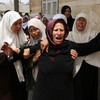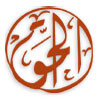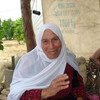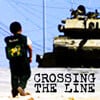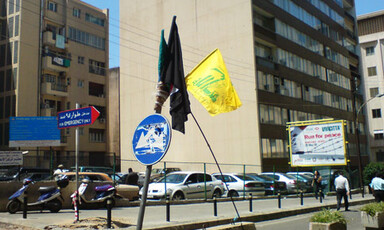
In the wake of the Doha truce
19 May 2008
With the army deployed throughout key areas, Lebanese citizens once again resumed their everyday activities under the more familiar conditions of a devastated environment, massive traffic jams, unregulated construction and urban planning, electricity and water shortages, state-sponsored theft or abuse of public lands and resources, rising poverty, inflation and unemployment, and one of the worst budget deficits per capita in the world. The illusion of normalcy has returned for the time being but the real question is: for how long? Karim Makdisi comments from Beirut. Read more about In the wake of the Doha truce

